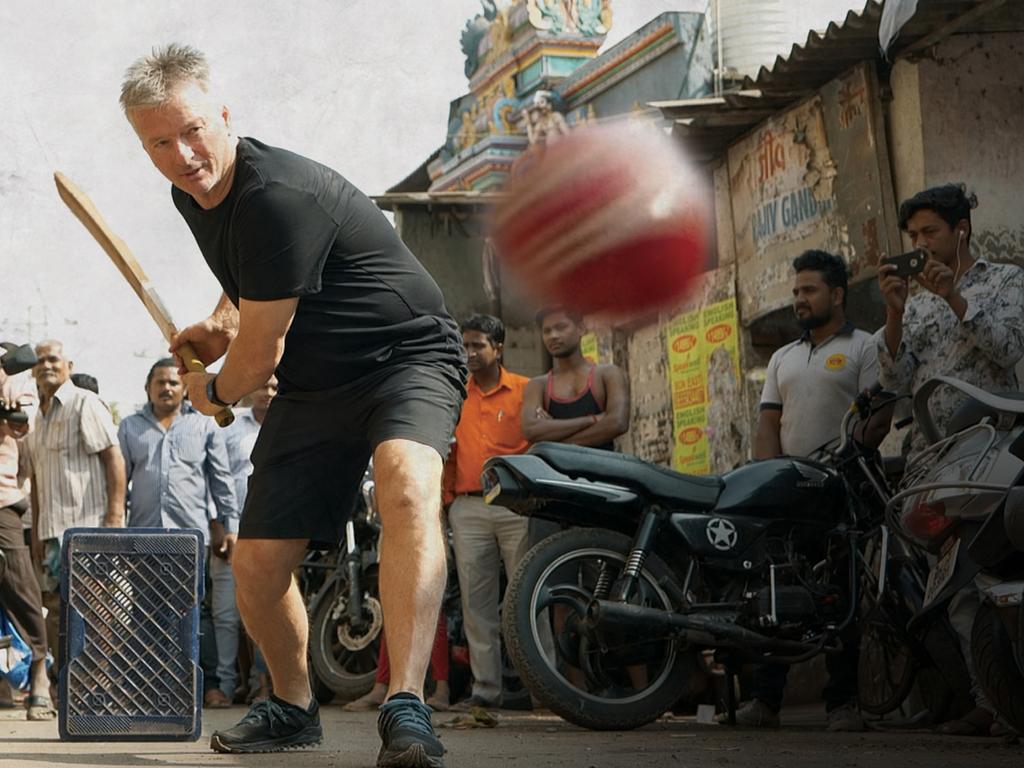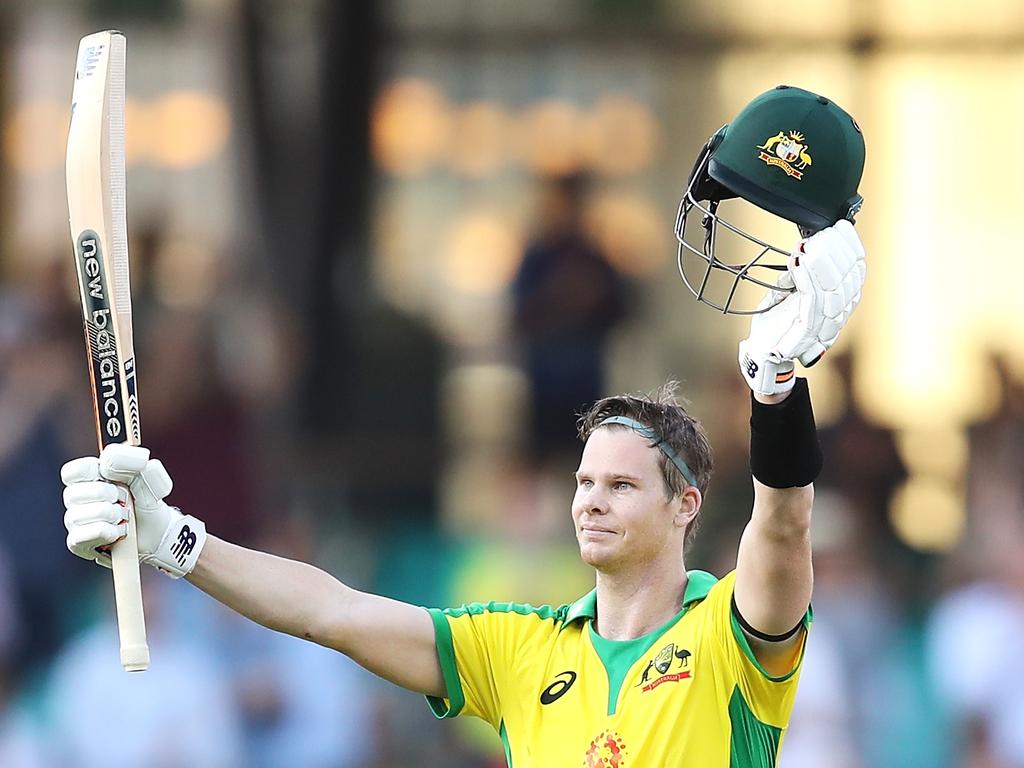Cricket burns as ICC looks for its fiddle
A Dutch Uber Eats driver is proof much of world cricket would love to have Australia’s “problems” right now.

The cheery sentiment was widely shared — a reminder, not least to those of us in Australia settling down to our big, fat international cricket feast, of how the other 99 100ths of cricket live.
In a subsequent interview on the excellent website emergingcricket.com, van Meekeren said he’d been surprised by the response: he had no complaints about his lifestyle, thought he was better off than many. It was simply that COVID had turned what should have been a banner year in Dutch cricket, including the showcase of a global tournament, into a non-event devoid of any international competition.
The fact is that much of the world would love to have Australia’s “problems”, as vexing as crowd restrictions and broadcaster friction are. Adaptation may even have left us with a better international summer than we might have had: there’s a lot to recommend short-form games before the Test matches, as a builder of context and a prolonger of interest.
Lift your eyes a little and the view is more troubling. South Africa takes on England on Saturday in the same week as a 456-page report revealed years of depredations by previous executives of Cricket South Africa — interests conflicted, finances mangled, audits incomplete, accounts unpaid.
The process started, incidentally, when CSA revoked accreditation of five troublesome reporters doing what the sacked CEO described as “macavelian” journalism. It has revealed, among other things, a bar bill bigger even than my colleague Peter Lalor’s world-famous beer tab.
Last week in the Caribbean, meanwhile, Cricket West Indies president Ricky Skerritt used the annual Frank Worrell Lecture to reflect that his organisation had handled “in excess of $US700 million in the last 20 years”, and to ask: “What do we have to show today for so much expenditure?”
They have nothing so far to show for an independent review released in July concluding “that the standards of governance of CWI fall far short of best governance practices and do not provide the accountability and transparency which are expected of a corporate body exercising an important and influential role in the sport”.
Sri Lanka is trying to restart its domestic cricket with a Lanka Premier League that began on Thursday under a cloud of chaos, corruption and COVID, several players having already tested positive. Bangladesh languishes with neither main sponsor nor broadcaster.
Against this, one might advance a tiny shoot of optimism, the foreshadowing last week of an England tour of Pakistan next year ending the latter’s long and undeserved purdah.
The world’s restoration of full cricket ties with Pakistan is something devoutly to be wished; the Pakistan Cricket Board took a further progressive step a few weeks ago when it named for the first time a woman, a human resources executive, as one of four independent directors.
But Pakistan remains only half in international cricket for being precluded for political reasons from playing bilateral fixtures with India, leaving it permanently disadvantaged relative to the rest of the cricket world.
About this the years drift by and nothing is done, because none will confront India about what amounts to deliberate economic sabotage of its old rival.
Last but not least are cricket’s junior members, personified by van Meekeren. They arguably contain some of the game’s greatest growth potential. Yet their year has been a nullity, with postponements of both the Cricket World Cup Challenge League and League 2.
These are not troubles caused by COVID so much as exacerbated by them due to pre-existing weaknesses and inequities.
The question arises: where, throughout, has been the International Cricket Council? This is the other news. Last week it elected a new chairman. It took six months. Six. Sodding. Months.
No, Rudy Giuliani was not involved. The long and the short is that India’s Shashank Manohar, after two increasingly lugubrious terms, stood down at the start of June, and it had never occurred to anyone in Dubai to put a succession plan in place.
The result was that Imran Khwaja of Singapore rose without trace, Michael Rimmer-style, to caretaker chairman. There was talk of pushes for Colin Graves of the England Cricket Board, who had the ambition but not the support, and the BCCI’s Sourav Ganguly, who would have had the support but lacked the ambition — the latter, after all, is in his current position as close as anyone to running the joint. But nobody could agree on how to vote let alone for whom.
Khwaja has at last been headed by New Zealander Greg Barclay, who happens also to chair the International Rugby League.
Yet the unfortunate reality is that the ICC is now less a governing body for cricket than an events management company, with no more elaborate strategy for cricket than stuffing the calendar with global events to build the boodle.
In an interview with Cricinfo, Barclay observed that as a New Zealander he understood the predicament of rising costs and brittle revenues facing cricket’s medium-sized members, and that “some countries cannot afford to really meet their commitments”.
He talked of alleviating this by the “pooling of some rights or a common repository for some commercial opportunities”. Tinkering by any other name.
If the ICC was serious, Barclay would be free to ask the more trenchant question: to what extent is this inability of members to meet their commitments an outcome of gross mismanagement, individual rapacity and political bullying? Cricket would be far better off if many of this mob were told to go earn an honest living. Like delivering Uber Eats.







A couple of weeks ago, a tweet from a Dutch cricketer cut improbably through the white noise of social media. “Should’ve been playing cricket today,” noted the burly, bearded pace bowler Paul van Meekeren, as the date of the final of the aborted T20 World Cup passed in the calendar. “Now I’m delivering Uber eats to get through the winter months!! Funny how things change hahaha keep smiling people.”